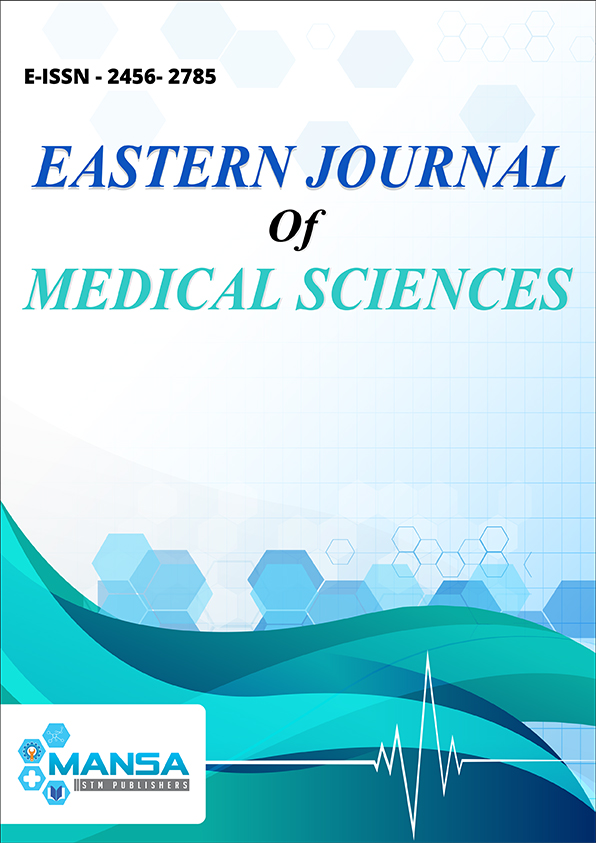A report on chromosomal translocation types in relation to male infertility
DOI:
https://doi.org/10.32677/ejms.v6i4.3220Keywords:
Reciprocal translocations, Types, Karyotype, Male infertility, PatientsAbstract
Introduction: Male infertility (MI) in about 50% of couples is constituted due to genetic, hormonal, and epigenetic factors. Almost 10% of it is contributed to genetic anomalies. Objectives: This study was undertaken in 787 males with infertility and the impacts of the type of translocations in these cases were studied in relation to MI. Materials and Methods: Five milliliters (ml) of blood were drawn from referred cases suspected with MI and were used for cytogenetic analysis with Giemsa stain following International System for Human Cytogenetic Nomenclature. Results: Of 6142 referral cases, 787 were detected with MI (787/6142; 12.8%). Forty-four translocations (44/787; 5.6%) were detected in 787 infertile men. Other chromosomal abnormalities were 21% (167/787) in them. Among all translocations, an autosome-autosomal translocations were higher in frequency (24/787; 3.1%) than Robertsonian (15/787; 1.9%) and autogonosomal translocations (5/787; 0.6%). Few translocations seemed to be rare as our knowledge is concerned. Maharashtra had high frequency of translocations followed by Delhi union territory (UT) and Gujarat (07 each) and other states. Most of the translocations were related to infertility. Seven males had primary infertility (7/44) and six with secondary type (6/44) in this study. Conclusions: These reciprocal translocations are important in causation of infertility affecting testicular spermatogenesis. Few are rare in our study. Such cases are clinically suggested for counseling before adopting assisted reproductive technologies.
Downloads
Downloads
Published
Issue
Section
License

This work is licensed under a Creative Commons Attribution-NonCommercial-NoDerivatives 4.0 International License.

